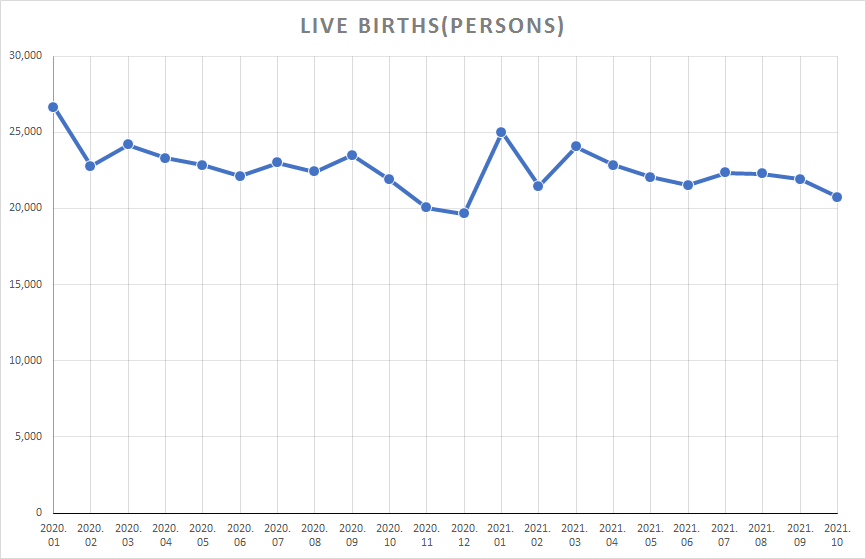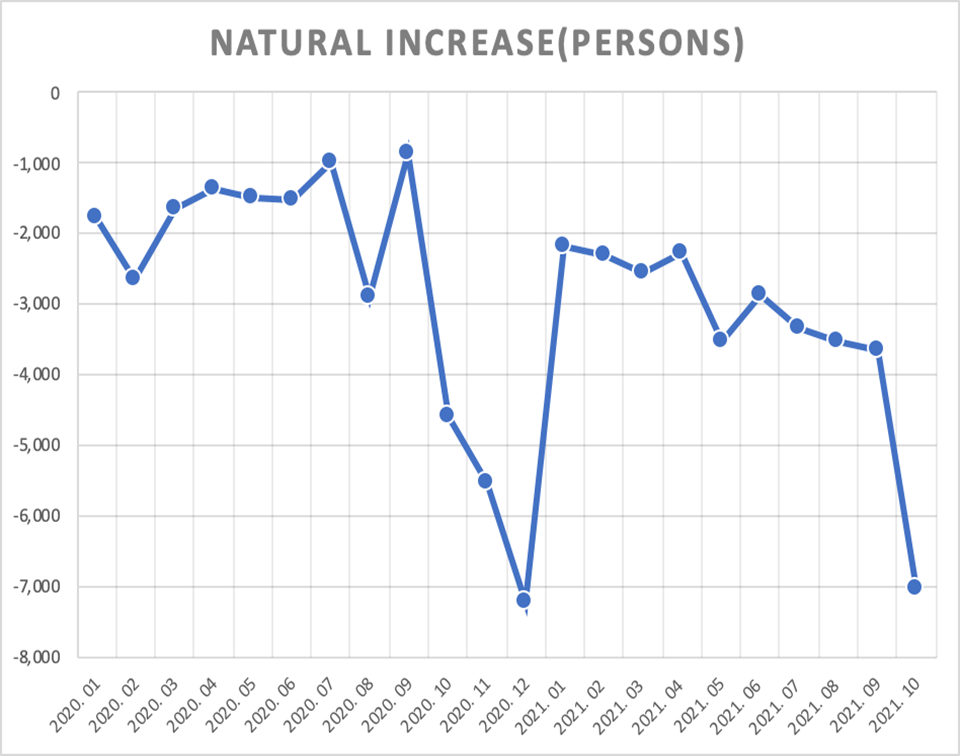The Peninsula
Beyond the Data: South Korea’s Birth Rate

One of the most prominent policy and social problems plaguing the Republic of Korea today is a declining birth rate. The nation fell below the replacement fertility rate of 2.1 in 1983 and rested at 0.84 at the end of 2020. This sustained decline has negative implications for economic growth in the long run as it shrinks the future pool of eligible workers on the peninsula.

Among other factors, many theories suggest that primary causes for the declining birth rate are women’s increasing presence in high education attainment and the workforce not met by an equal increase in male presence in childcare and domestic responsibilities. Women can no longer maintain expected commitments to work while raising a family with equal dedication at the current level of male participation in the home. Thus, many women forgo having children for the sake of career development and the nation’s birth rate decreases.
The decline in births has continued during the pandemic. The trend by month from January 2020 to October 2021 displays a decrease, on average, in live births across the country. Crude birth rates decreased from 6.1 to 4.8 births per 1,000 persons, with its lowest resting at 4.5 births per 1,000 persons in December of 2020. There was no instance in which the population was naturally increasing. By October of 2021, the natural population increase rate per 1,000 individuals was -1.6, the highest figure for the entire 21 month period.

The data suggests a decreasing birth rate and population overall for South Korea over the last 2 years. A continuing decline in births will hold negative long-term economic implications and determine the future of the southern half of the peninsula’s population.
Julia Fadanelli is a Research Assistant at the Korea Economic Institute of America and an undergraduate at the Ford School of Public Policy at the University of Michigan. The views expressed here are the author’s alone.
Photo from Pixabay.
